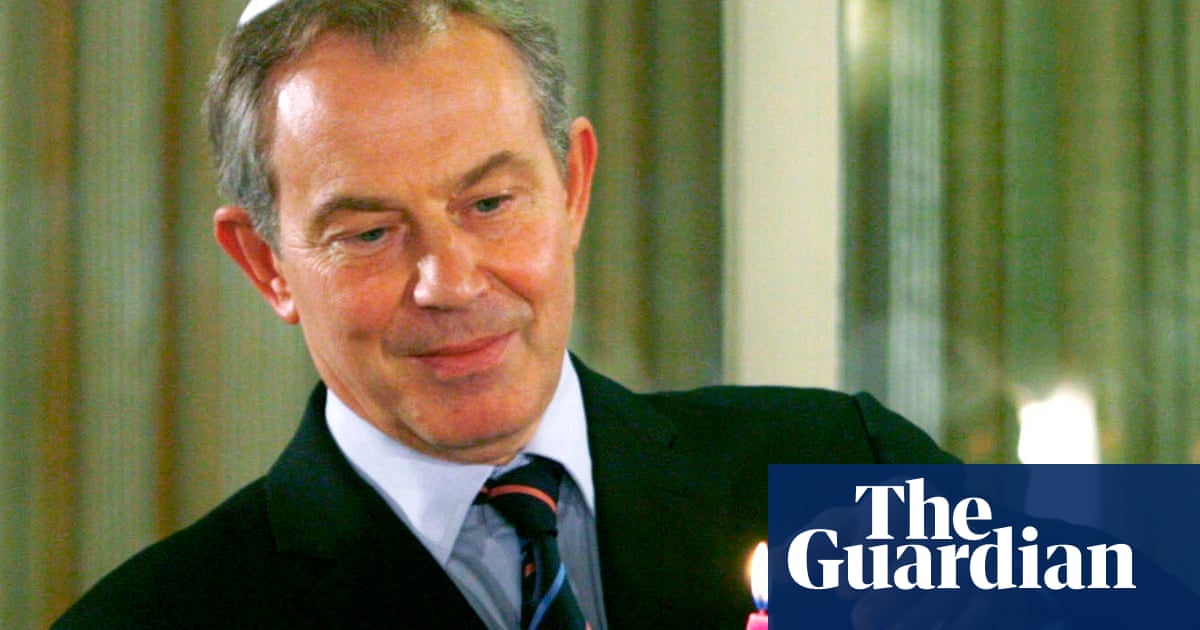
Like many histories of the Labour party, your editorial (31 March) overstates the emphasis on its Christian origins. Labour’s first leader, Keir Hardie, may have been a lay preacher, but its first prime minister, Ramsay MacDonald, was a paid-up humanist and an early president of Humanists UK. Many in Labour’s founding committees were humanists.
Many of the party’s most significant players – including Nye Bevan, Jennie Lee, Clement Attlee and Rhodri Morgan – were atheists and humanists. Keir Starmer seems to fit squarely in that tradition. If he becomes prime minister, he’ll be at least the fourth openly non-religious one, following MacDonald, Winston Churchill and Attlee.
Although some of the support offered to many in time of need in our country is provided by religious institutions, most is provided by secular charity, and even more by the secular institutions of the state. For many progressive-minded people, this is a more important part of Labour’s mission, and it provides a sure way to avoid the downside of relying on religious provision – the proselytism that your editorial implies does not exist, but Humanists UK’s own postbag testifies to on a frequent basis.
Andrew Copson
Chief executive, Humanists UK
That the Labour party could have a productive relationship with faith communities should not be a surprise. Despite Alastair Campbell’s statement that “we don’t do God”, Tony Blair’s Labour administration from 1997 actually embraced, promoted and strengthened the role of faith in government.
It established a unit, initially in the Home Office, to address faith issues. It sought the views of faith groups on policy issues from education and health to international development and foreign affairs. Blair started issuing regular messages for festivals such as Easter, Ramadan, Diwali and Hanukkah, and even held events in No 10 to celebrate them.
His government was the first to truly appreciate the power of faith communities to effect social change. There are more than 49,000 faith-based charities in Britain, 27% of the whole sector. Research shows that people who attend places of worship are more likely to give to charity or volunteer. The next government, of whatever political persuasion, would do well to mobilise faith communities to bring about positive social change.
Zaki Cooper
London
Your editorial ignores the fact that more than 20 million people in England and Wales stated they had no religion in the 2021 census. Does that mean we have no interest in the welfare of the society in which we live? The implication that only the religious can participate in this endeavour is absurd. We all play a part in the state of the communities we share with others.
David Tutssel
Birkenhead, Merseyside
The Labour party “is right to see religious organisations as useful fellow travellers”, your editorial says. As a Christian, I find myself wondering whether I can continue to regard the party as a useful fellow traveller to the point of continuing to give it my vote. Keir Starmer’s volte-face over environmental issues, his acceptance of the Tory lead over the two-child benefit cap, his hesitation in demanding a ceasefire in Gaza, his defence of austerity, the absence of any semblance of a “moral crusade” and more tend to obscure the party’s commitment to social justice and the common good. As Yeats had it: “The best lack all conviction, while the worst are full of passionate intensity.”
David Cragg-James
Stonegrave, North Yorkshire












